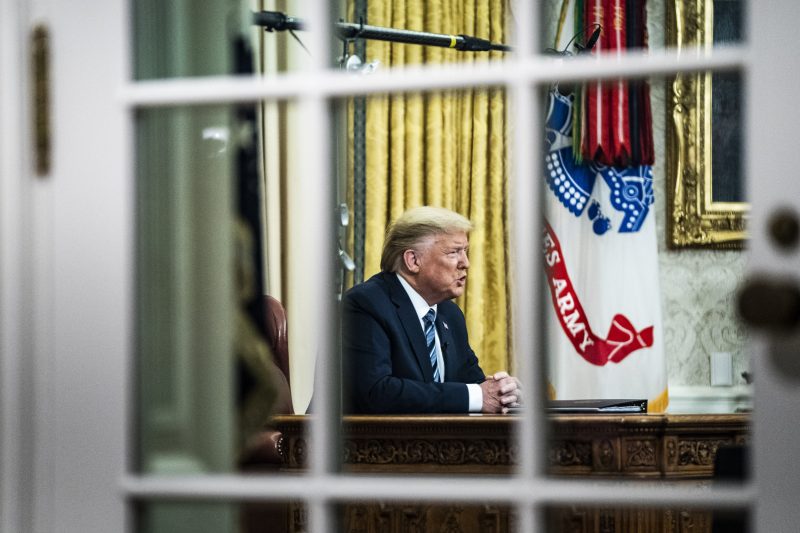
Injecting Drama: A President’s Immunity Test in the Ultimate Murder Hypothetical
In the United States, the concept of presidential immunity is a hotly debated topic that has been subject to various legal interpretations and controversies. One of the most intriguing aspects of this debate is the question of whether a sitting president could hypothetically commit murder and invoke presidential immunity to shield themselves from legal consequences.
The idea of a president being immune to prosecution for serious crimes such as murder might seem far-fetched, but it raises important questions about the balance of power and accountability in the highest office of the land. While the U.S. Constitution does not explicitly grant the president immunity from criminal prosecution, there are legal arguments that could be made in favor of such immunity based on the separation of powers doctrine.
The separation of powers doctrine, a fundamental principle of the U.S. Constitution, establishes distinct roles and powers for the executive, legislative, and judicial branches of government. Proponents of presidential immunity argue that subjecting the president to criminal prosecution could impede their ability to perform their duties effectively and could lead to politicized legal proceedings that undermine the integrity of the office.
On the other hand, critics of presidential immunity contend that no individual, including the president, should be above the law. They argue that granting immunity for serious crimes such as murder would set a dangerous precedent and erode the rule of law and democratic norms. Furthermore, they point out that the Constitution does not explicitly provide for presidential immunity, and that the president is not a monarch but a public servant subject to the same legal standards as any other citizen.
In light of these conflicting arguments, it is clear that the question of presidential immunity in the context of serious crimes such as murder is a complex and contentious issue with no easy answers. While there are valid concerns about the potential impact of subjecting a sitting president to criminal prosecution, it is essential to uphold the principles of accountability and the rule of law in a democratic society.
Ultimately, the hypothetical scenario of a sitting president committing murder and invoking presidential immunity raises important questions about the limits of executive power, the accountability of public officials, and the integrity of the legal system. It serves as a reminder of the ongoing need to balance the imperatives of effective governance with the fundamental principles of justice and the rule of law in a democratic society.
